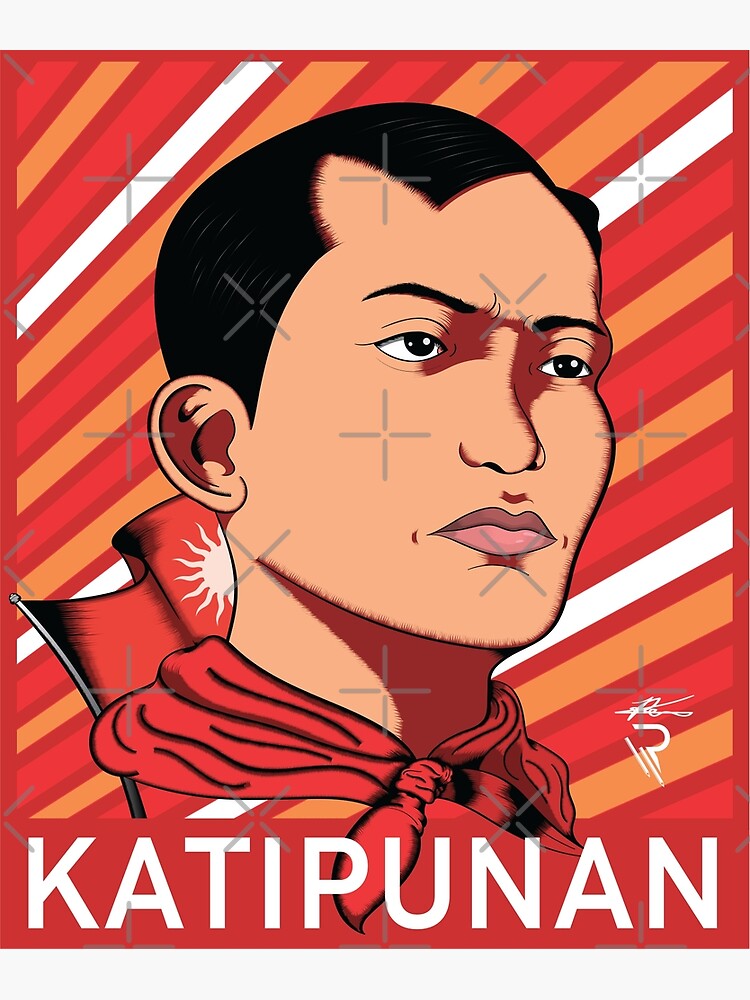
Andres Bonifacio is regarded as the Father of the Philippine Revolution against Spain. He also is known as the Father of the Katipunan, a secret revolutionary society he founded in 1892 and whose goal was to win Philippine independence from Spain by means of a revolution.
Bonifacio was born in Tondo, Manila on November 30, 1863. He came from a poor background. His father was a tailor. He was the oldest of 6 children. His parents died when he was only 14 years old and he had to stop school to help support his siblings.
Andres was an avid reader and he read all of Rizal’s writings as well as the Bible and the History of the French Revolution. His leadership abilities enabled him to rally a big following as he prepared to strike against the Spanish authorities. However, before his group could attack, they were discovered by the parish priest in Tondo who reported them to the Spanish authorities.
Luckily, Bonifacio and his men were able to escape to the hills of Balintawak. There, on August 26, 1896, Bonifacio and his men raised their rifles and sabers crying out, "Long live the Katipunan! Long live Philippine Independence!" Forthwith, they tore their cedulas (identification papers) shouting, "Kalayaan!" (freedom). This event became known as the "Cry of Balintawak" and is commemorated every year on August 26 at the foot of the monument erected in honor of Bonifacio and his followers.
In August 1896 Bonifacio led the long-planned insurrection on Luzon; but his forces were defeated by Spanish troops, and he was forced to retreat to Montalban in the north, while Emilio Aguinaldo, one of his lieutenants, carried on resistance. As the Spanish systematically routed the insurrectos, it became increasingly clear that Bonifacio was an ineffective military leader. In March 1897 a convention at Tejeros named Aguinaldo, rather than Bonifacio, president of a new Philippine republic. Refusing to recognize the convention, Bonifacio tried to establish his own rebel government. In April 1897 Aguinaldo had Bonifacio arrested and tried for treason; he was executed by a firing squad.